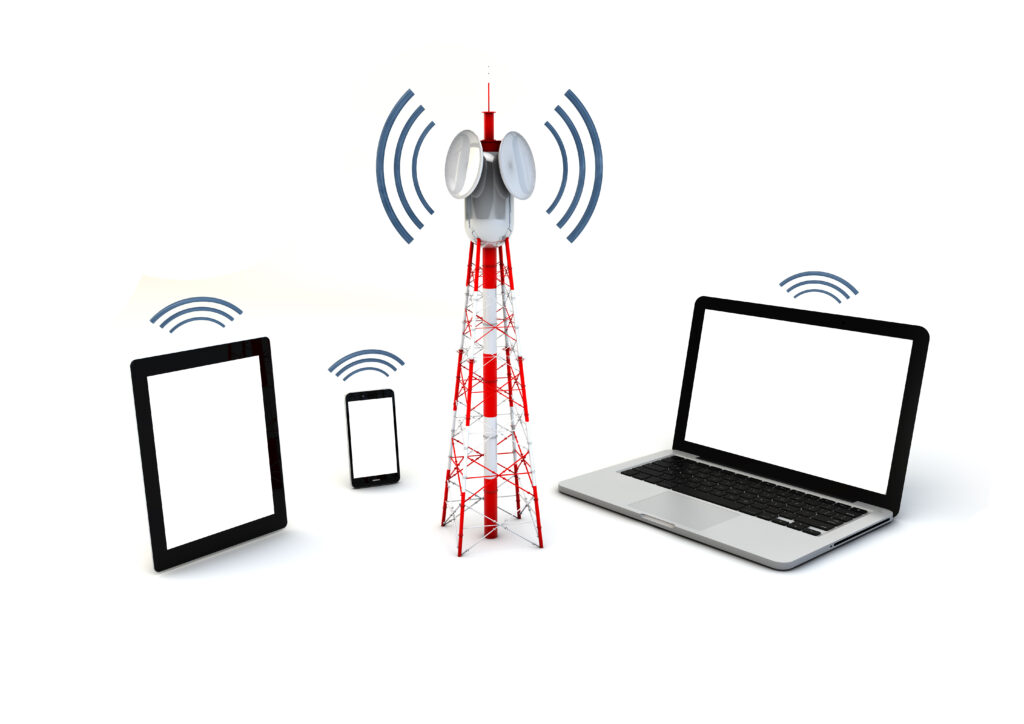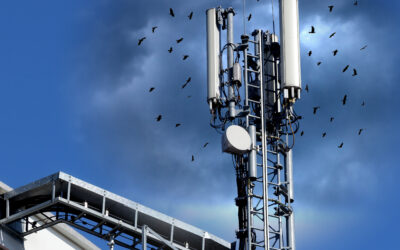The Importance of RF Education in Today’s Tech Landscape

In today’s tech-driven world, Radio Frequency (RF) technology plays a crucial role in the functioning of various devices and communication systems. From smartphones to advanced radar systems, RF is used in a wide range of applications. With the increasing demand for wireless connectivity and advancements in 5G technology, the need for RF education has become more critical than ever. In this article, we will explore the importance of RF education in today’s tech landscape.
Understanding RF Education
RF technology deals with the transmission and reception of electromagnetic signals at different frequencies for various applications. It includes a range of topics such as antenna design, wireless communication principles, signal processing techniques, and network planning. Individuals pursuing RF education are trained in these areas to design, develop and maintain wireless communication systems.
The Growing Demand for Wireless Connectivity
In today’s world, staying connected has become a necessity. From social media to business communications, the world is becoming increasingly reliant on wireless connectivity. With the emergence of smart cities and the Internet of Things (IoT), the demand for RF-based devices and systems is expected to grow exponentially. This surge in demand has created a need for skilled RF professionals who can design, develop and troubleshoot complex wireless networks.
Advancements in 5G Technology
The next generation of wireless communication technology, 5G, is set to revolutionize the way we connect and communicate. It promises higher data speeds, lower latency, and increased network capacity. However, the implementation of 5G requires a deep understanding of RF principles and advanced techniques. As 5G continues to evolve and expand, there will be a growing demand for professionals with specialized knowledge in this area.
Role in Innovation and Development
RF technology is at the forefront of innovation and development in various industries. From healthcare to transportation, RF is used to create cutting-edge solutions that improve the quality of life. As technology continues to advance, there will be a constant need for individuals with RF expertise to drive innovation and push boundaries.
Career Opportunities in RF
The demand for skilled professionals in the field of RF is on the rise. With a solid foundation in RF education, individuals can pursue careers as RF engineers, network planners, system designers, and more. These roles offer competitive salaries and opportunities for growth in a constantly evolving field. In addition, individuals with RF education have the flexibility to work in various industries such as telecommunications, aerospace, defense, and healthcare.
Importance of Hands-on Experience
While theoretical knowledge is crucial, hands-on experience is equally important in the world of RF. Practical experience allows individuals to apply their knowledge and skills in real-world scenarios, gaining a deeper understanding of RF principles. Many universities and training institutions offer hands-on workshops and projects to enhance the learning experience for students.
Conclusion
RF education is critical in today’s tech landscape. With the increasing demand for wireless connectivity and advancements in 5G technology, there is a growing need for skilled professionals in this field. RF education not only opens up career opportunities but also plays a crucial role in driving innovation and development across various industries. So, whether you are a student looking to pursue a career in RF or an organization seeking expert RF consulting services, investing in RF education is sure to yield long-term benefits.
At Smith and Fisher, we recognize the importance of RF education in today’s tech landscape. Contact us today to learn more about our RF consulting services. As the saying goes, “the future is wireless” and with RF education, you can be a part of this futuristic world!
Recent Posts
- RF Safety: The Silent Protector of Wireless Communication
- How RF Signal Generators Drive Effective Testing Practices
- How Radio Frequency (RF) Testing Enhances Connectivity and Reliability
- The Importance of RF Education in Today’s Tech Landscape
- What to Expect During a Radiofrequency Radiation Site Inspection?






